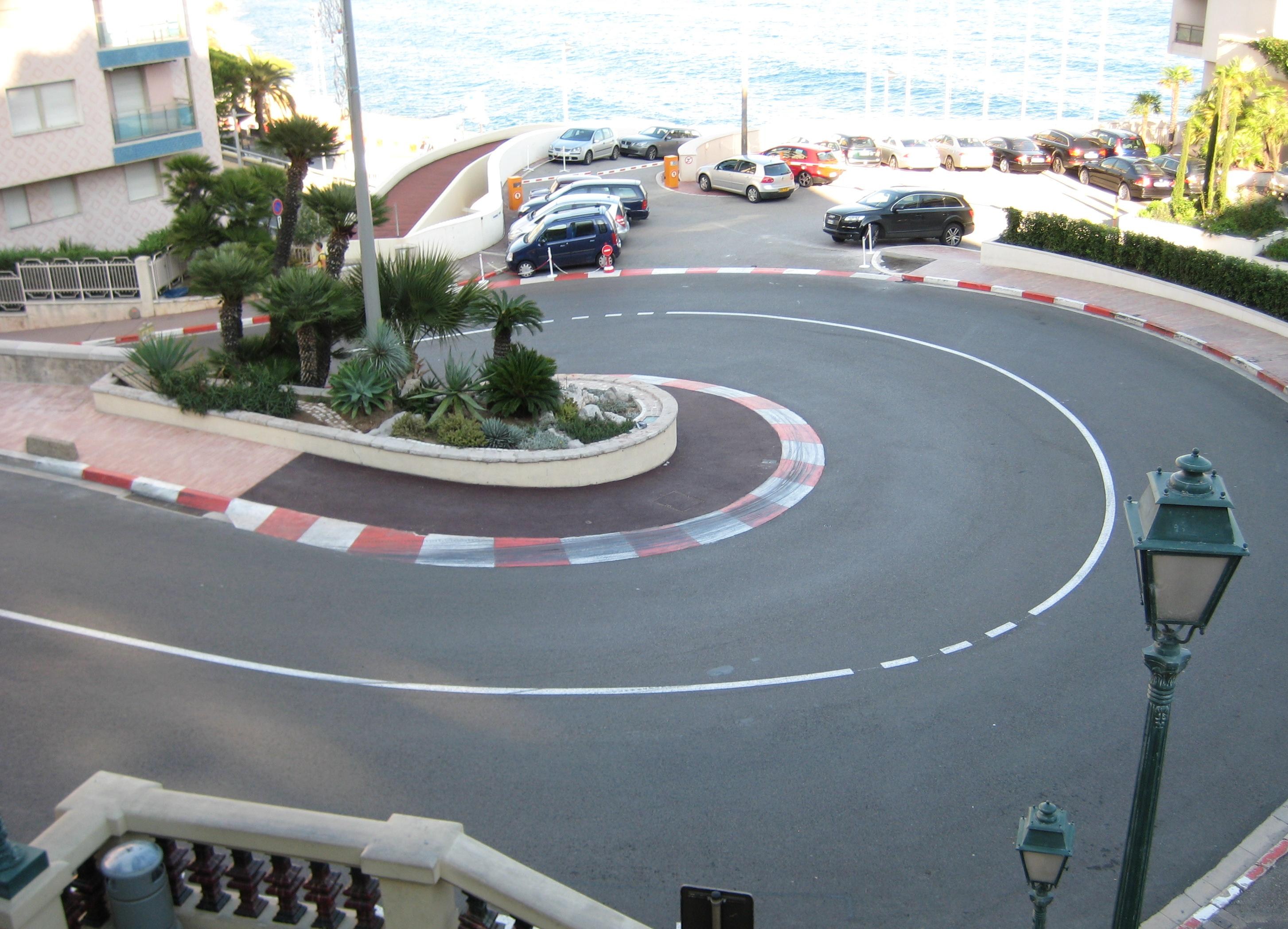I've mentioned in my basketball posts that the sport slides into a realm that I know less than I should. Tonight, I'm flying way past that realm to one I know very little about, but have had a recent kick of interest in lately. Formula One racing probably won't grab much in the way of attention here, but I'm giving it a shot anyway. The recent "kick" came from stumbling across a documentary on the late Brazilian driver. The movie is simply called Senna, and if you can appreciate sports documentaries at all, I highly recommend this film. Even if you don't know what Forumla One racing is, this documentary came off as extremely interesting. It isn't too difficult to find for any Netflix users out there as it can be streamed online.
Senna's career was remarkable from the second he debuted in the series in 1984. He raced in 162 Formula One races, and won 41 of them (25.3%). Only one other driver (Michael Schumacher) has entered more races while winning at a higher clip. To this day, his 41 wins rank third all-time behind Schumacher and Senna's former teammate and rival, Alain Prost. Senna's career was not without controversy. The 1989 Grand Prix in Japan would attest to that as well as other run ins with Prost and the head of the Formula One. his skill behind the wheel is unquestionable as noted by the video below.
Perhaps the record really worth mentioning though is Senna's six victories at the Monaco Grand Prix, and just how close he came to increasing the total even further. For those who don't know, the Monaco Grand Prix would be similar to the Indianapolis 500 or more recently the Daytona 500. It is among the most prestigious races in the world if not the one held in the highest regard. Unlike Indianapolis or Daytona, this isn't a simple oval of high speeds. This is 78-mile race held on a two mile street course. There are significant elevation changes. Sharp 90, and even 180 degree turns litter the track, and there is even a tunnel. If Monaco had not been filled with a long history and grandfathered in, there track would never be permitted to be used today. Furthermore, unlike the American tracks where racing comes to a halt if the weather unleashes anything more than a sprinkle, Formula One races this insane track in the pouring rain if they have to.
 |
| One of the 19 turns at Monaco. |
He would win his first Monaco Grand Prix three years later in 1987. In 1988, Senna would join Prost for the McLaren team. Senna would take a commanding lead at Monaco where no one would touch him. He was told to slow down by his crew because he had such a large lead, and didn't feel he needed to be so aggressive. Alas, a lapse in judgement would see him hit a wall, and he would fall out of the running. Prost would go onto victory. Senna returned in 1989, to win his second race at Monaco. He would continue that tradition, and win every single Monaco Grand Prix through 1993, his final race at the circuit. Only four drivers had ever won at Monaco more than three times, and no one else had ever won six times.
It truly was a brilliant feat and record. Senna would go on to capture three championships. Only three other drivers have more. He was the youngest to ever win three championships, and it begs the question as to how much more he could have accomplished had tragedy not struck eighteen years ago. Brazil is a nation synonymous with soccer in the sporting world, and little more. However, Ayrton Senna was very proud of where he was from, and Brazil was equally proud of him.
This day eighteen years ago was the final piece of an extremely tragic weekend in San Marino. The race was marred by many accidents. However, none so tragic as the results of Senna's death as well as the death of Roland Ratzenberger a day earlier in qualifying. It is worth noting that following those separate incidents, Formula One safety was stepped up significantly, and to this day, not another death has occurred in the series.
Anyway, I wanted to touch on an athlete whose death isn't forgotten so much as unknown of in the United States, especially for how great he was. I highly recommend taking the time to watch the documentary Senna to truly see how much of an impact this driver made, as well as how incredibly tragic that weekend was eighteen years ago in San Marino.


No comments:
Post a Comment